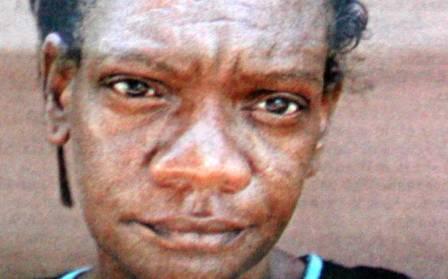 |
| HOME | GLOBAL | DISTRICTS | CLUBS | MISSING HISTORIES | PAUL HARRIS | PEACE |
| PRESIDENTS | CONVENTIONS | POST YOUR HISTORY | WOMEN | FOUNDATION | COMMENTS | PHILOSOPHY |
| SEARCH | SUBSCRIPTIONS | JOIN RGHF | EXPLORE RGHF | RGHF QUIZ | RGHF MISSION | |
|
|
|
Joseph L. Kagle, Jr. Peace Essays
|
|
We settled, then evacuated It is times like this that friends, some close and longstanding, some new but supportive, come to the fore.
Hurricane Rita threw a wrench in our move to Houston
We move to Houston, then have to evacuate. Hurricane Rita, we were certain, was going to flatten homes, disrupt families, cut off needed supplies, close stores and cause panic. We knew because we'd seen it happen after Hurricane Katrina.
We knew that we could not turn to the government. You'll not be surprised to know that our first thought was "Waco," our previous home. Our problem was that we were not the only ones who had the idea.
We left early on the Wednesday before the storm was supposed to hit Galveston — closing up our new home which had just been bought, with all our belongings still boxed. You see, we had left Waco only the previous week. This is not the way to start a new place. As transplanted Waco residents, we could not ask our neighbors to take care of our house. In fact, we knew none of them even if they'd stayed to ride out the storm.
We were like the New Orleans evacuees who, had recently traveled to Houston — taken into shelters and homes by the tens of thousands. As we wheeled away from the boarded-up house and drove over to Interstate 45, it became instantly obvious that route was not going to work. By cell phone, we learned that some evacuees had had moved only 20 miles in six hours. It was apparent that matters only would worsen. Some, had already turned around and gone home.
Lucky for us, we knew all the back roads.
The trip to Waco only took seven hours (about twice as long as normal). Lucky again: We found a motel, just outside of town that took pets. But we were told we only had one night to stay and that all rooms in Waco were booked for the weekend.
It is times like this that friends, some close and long-standing, some new but supportive, come to the fore. My webmaster had offered us a room long ago when we came back to visit. We called him and set up one night there. It was delightful. We got to know people who we had only dealt with in a creative, business sense. A great evening meal and good conversation followed.
The next day, needing money to survive, we visited the place that had supplied our financial services for many years — UBS Financial Services. On leaving the financial firm, one of the employees we'd gotten to know over that span offered us a room, "You're welcome to stay until you want to return to Houston."
That night, we learned things about our friends that we had not known before. We told tales into the wee hours of the evening.
You learn things as an evacuee that you might not have noticed before. A child crying behind your back is a sound that sometimes is overlooked. As an evacuee, you hear it clearly and with more meaning. It is fascinating that you have no desire (although you do turn) to turn to see if the baby is white, black or brown. In the simplest terms, it is a baby crying who wants something. All the other normal considerations of race, religion, social standing and individual features are lost in the larger environment of need.
As evacuees, we were all like small children crying for help. The wonderful thing about the experience was that when help came, it was given with true caring and selflessly.
We only stayed in two houses for two nights in Waco, but the experience adds additional colors to our view of this marvelous city — our home for 20 years.
|
| RGHF peace historian Joseph L. Kagle, Jr., 30 August 2006 |


